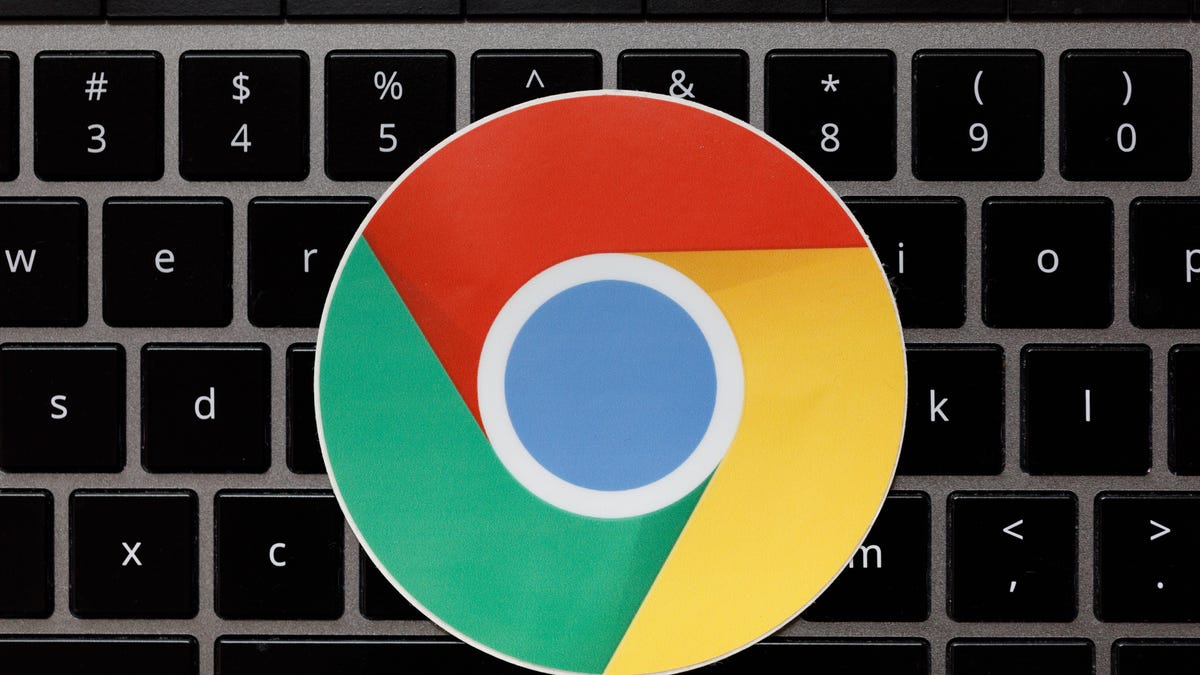Google's fix for annoying autoplay videos breaks web games
Developers sound off about update that is also silencing a key game component: sound.

Developers sound off about update that is also silencing a key game component: sound.
An update Google rolled out this weekend to its popular Chrome browser to address annoying autoplay video has turned into more than a slight annoyance for many web-based game developers.
By automatically pausing Web Audio objects when a webpage is launched, the update was intended to help silence ads that seemingly begin barking at you when you visit some sites. But the new feature is reportedly busting the audio in web-based games.
"Currently, the product I am developing that has tens of thousands of paying customers where audio playback is a core feature is broken," one developer wrote in the comments section of Google's announcement.
The autoplay blocking is an example of how browsers are getting more assertive on behalf of users faced with pushy websites. The result is a web that should be less annoying to most users -- but also one where advertising-funded sites have a harder time with their businesses.
To get the sound working again, web-based games have to restart the audio object when a player makes a gesture to begin the game, Ars Technica reports.
"With Chrome's new autoplay policies, developers shouldn't assume that audio can be played before a user gesture," Google said in a statement. "With gaming in Chrome, this may affect Web Audio. We have shared details on what developers can do to address this, and the design for the policy was published last year."
Google announced the changes to autoplay videos in September, but game developer Andi McClure pointed out on Twitter that details to the changes in Web Audio objects weren't added to Google documentation until February.
UPDATE: I said in this thread that I'd realized Google posted autoplay-block documentation of Sept 2017 and I just didn't see it. I checked https://t.co/KaGiKR9Aoz and ACTUALLY NO. THE WEBAUDIO BITS WEREN'T THERE IN SEPTEMBER THEY WERE EDITED IN LATER https://t.co/olqys9YT0E
— mcc (@mcclure111) May 7, 2018
With the release of Chrome 66 in April, Google clamped down on lots of websites that tried to play video and audio automatically, but the browser doesn't always block autoplay.
Chrome begins with a list of more than a thousand sites where Google found that the browser's users typically played audio or video with sound. Then, as you browse the web, Chrome updates that list as it learns where you play media and where you don't.
Cambridge Analytica: Everything you need to know about Facebook's data mining scandal.
iHate: CNET looks at how intolerance is taking over the internet.

